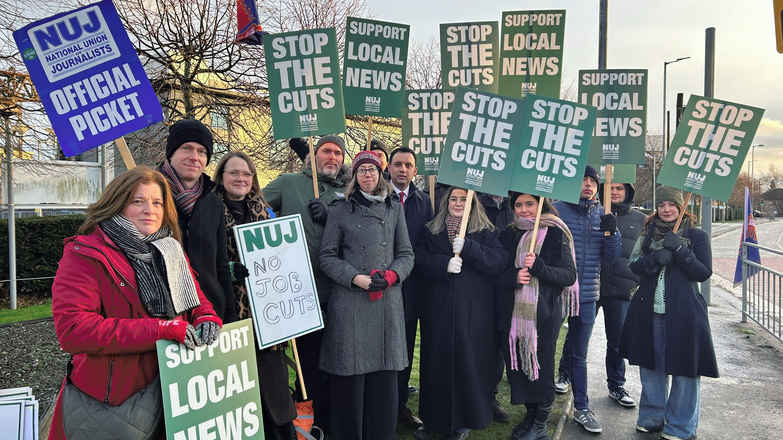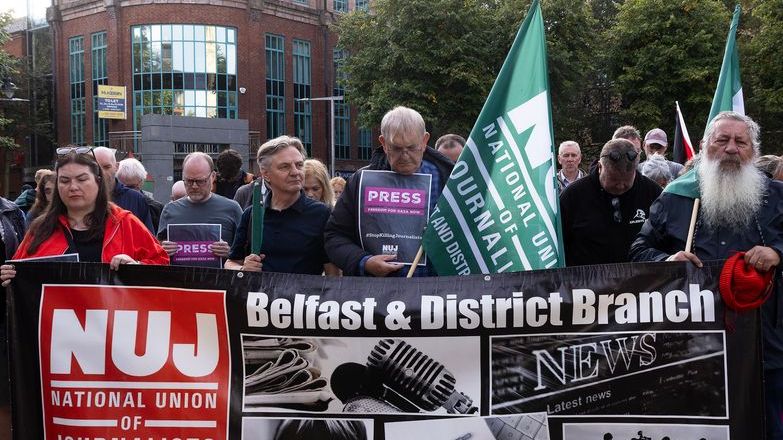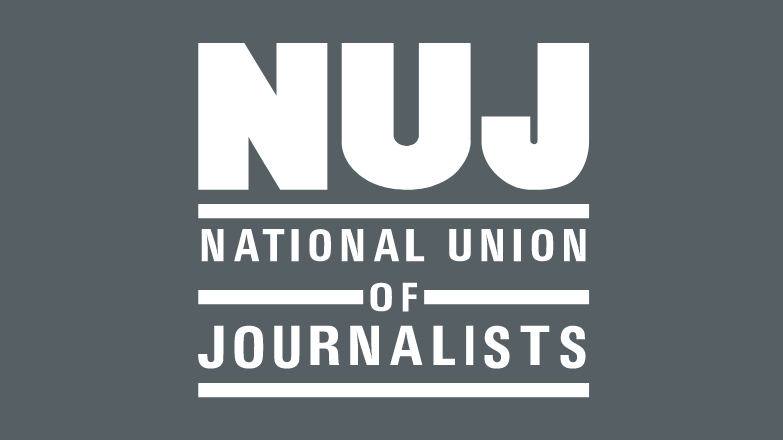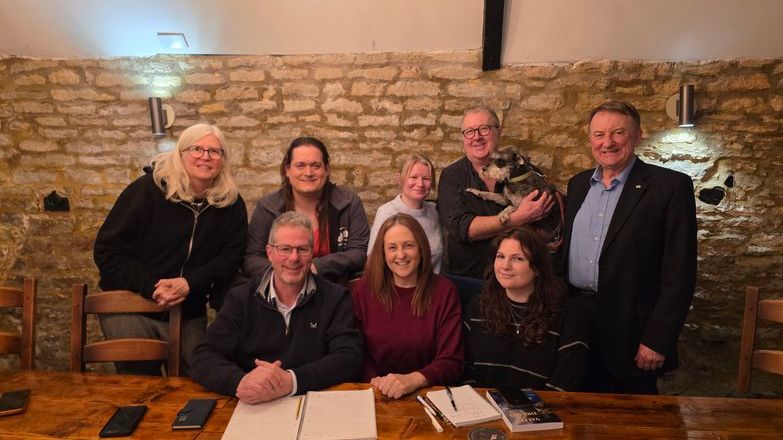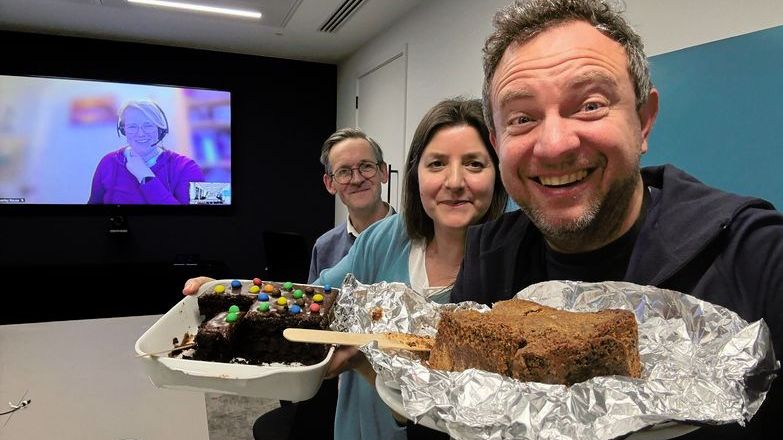Branches play an important role in union democracy and are a great way to get more involved in the union.
Branches play an important role in union democracy and are a great way to get more involved in the union. Most branches struggle with low turnout and are keen to get more people involved in their committees.
Branches bring together journalists from different employers and freelances across a geographic area or a large workplace, in the case of chapel branches. They help build solidarity and are a great place to get help and advice. Branches also have a budget that can be used to support activities by chapels.
Branches fulfil a number of key roles in the union's democracy. They approve new applications and contact members in danger of lapsing – leaving the union because they have fallen behind on their subs – to try to keep them in the union. Where the reason for falling behind is financial, branches can help members in need – whether directing them to NUJ extra or advising them how to access other union support.
Branches have a number of roles defined by rule. These roles are normally elected annually at a branch annual general meeting (AGM):
- Chair – leads the branch and chairs meetings
- Vice-chair – supports the chair, filling in for them if they're absent
- Secretary – takes the minutes at the meeting and arranges venues, as well as other admin tasks that may arise
- Equality officer – promotes equality issues and is responsible for questions and complaints arising from the code of conduct
- Treasurer – responsible for branch funds and for managing the accounts
- Welfare officer – responsible for supporting members in need and their families, and for liaising with the union’s charity NUJ extra
- Union learning representative – responsible for promoting training to members, whether the union's own trade union and professional training or training by partners such as the FEU or unionlearn
- Membership and recruitment/retention officer – responsible for managing the list of applicants to the union and ensuring they are presented to the branch for approval. They also contact members in danger of lapsing to see if they can keep them in the union and if they need any help. With access to membership data, membership officers can see trends in membership growth that can be the basis of branch recruitment and organising campaigns
Branches can also elect further members of the committee. These additional members could support other committee members in job-shares, be ex-officio members (without specific roles) or could fulfil other roles that should be considered, such as:
- Environmental reps to promote best environmental practice amongst members
- Health and safety reps who promote best practice and formal health and safety training amongst members
- Communications reps to improve branch communication and manage any publishing channels run by the branch – social media, newsletters, website
Branches can also appoint two auditors, who are not be members of the branch committee, to oversee the work of the treasurer.

